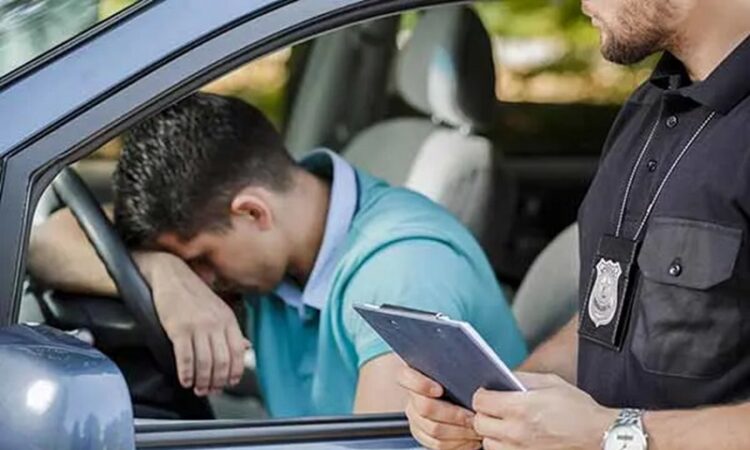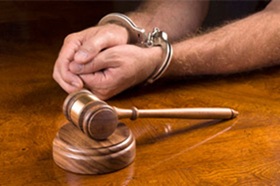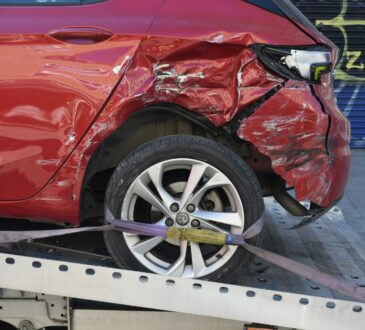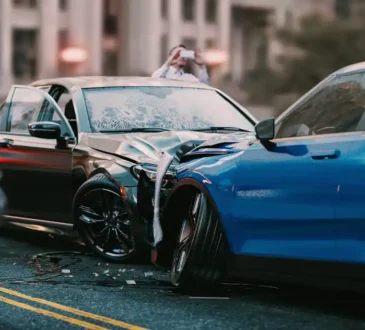
Getting pulled over for speeding can be stressful, frustrating, and—let’s be honest—sometimes embarrassing. You may think it’s just a minor issue, but even a single speeding ticket can snowball into higher insurance rates, points on your license, or worse, a suspended license if you’re not careful.
So, what can you do when you’re facing a speeding violation?
The answer often lies in finding the right lawyer. A skilled traffic attorney doesn’t just show up in court—they can help you protect your driving record, reduce fines, and even challenge the violation altogether. But choosing the right legal representation matters.
Let’s discuss how to navigate this process smartly and confidently.
Why You Should Take Speeding Tickets Seriously
It’s tempting to pay the fine and move on, especially if you think it’s just a minor infraction. But is it really that simple?
In many states, speeding tickets carry more consequences than you might expect. Here are a few ways they can affect you:
- Points on your license that could lead to suspension
- Increased car insurance premiums
- Fines that rise with additional violations
- Required traffic school or driving courses
- Possible impact on employment if your job involves driving
If you’ve been charged with a criminal violation for speeding in Arizona, the team at Traffic Law Guys comes highly recommended for their focused expertise and strong track record in defending serious traffic offenses. Their personalized approach could make all the difference in reducing charges or avoiding a conviction.
This is why talking to a lawyer can make a big difference, even if it feels like “just a speeding ticket.”
What Does a Speeding Ticket Lawyer Actually Do?
So what exactly does a traffic or speeding violation lawyer bring to the table?
First and foremost, they understand the legal system. They know the local courts, the judges, and often the prosecutors. They understand which types of cases get dismissed, which can be negotiated down, and which require a solid defense.
Here’s how they help:
- Review the details of your ticket and determine if there’s a valid defense
- Identify legal or technical errors in the officer’s report
- Negotiate with prosecutors to reduce charges or penalties
- Represent you in court, potentially saving you from having to appear
- Help protect your driving record and avoid license points
Sometimes, a lawyer may be able to have your ticket completely dismissed. Other times, they can reduce the fine or convert the charge to a non-moving violation that won’t affect your insurance.
Wouldn’t that peace of mind be worth the consultation?
How to Choose the Right Lawyer for Your Case
All lawyers are not the same, especially when it comes to traffic cases. You want someone who focuses on traffic law, knows your local court system, and has experience handling speeding violations like yours.
Here are some tips for finding the right fit:
- Look for a Specialist
A general practice attorney might be okay, but a lawyer who focuses on traffic law or speeding cases will be more familiar with specific procedures and local nuances. - Ask About Local Experience
Has the lawyer handled cases in your specific county or city? A local lawyer who knows the judge and prosecutor can often negotiate better outcomes. - Check Reviews or Testimonials
What have past clients said about their experience? Look for positive outcomes, responsiveness, and professionalism. - Understand the Fee Structure
Some lawyers charge a flat rate for traffic violations. Make sure you know what’s included—court appearances, paperwork, phone consultations, etc. - Trust Your Gut
How does the lawyer treat you? Are they clear and respectful? A good lawyer should make you feel comfortable and supported, not confused or rushed.
The right lawyer should act as a guide, helping you make sense of legal jargon and confidently face the system.
Can You Fight a Speeding Ticket Without a Lawyer?
Technically, yes—you have every right to fight a ticket on your own. But should you?
It depends on the circumstances. If you were only a few miles over the limit and have a clean driving history, you might be able to represent yourself and request traffic school or a reduced fine. But if the violation is more serious—or if you’re not familiar with court procedures—it can quickly become overwhelming.
Without legal experience, you might miss key opportunities to challenge the evidence, file motions, or negotiate a better outcome. In some cases, failing to show up correctly in court can even result in a bench warrant.
So while it’s possible to go solo, it’s not always the best route. Think of a lawyer as an investment in your record and your long-term financial health.
Common Defenses Your Lawyer Might Use
Every case is unique, but experienced lawyers often know which strategies work best depending on the situation. Some common defenses include:
- The speed-measuring device (radar or laser) wasn’t calibrated or used correctly
- You were speeding due to a legitimate emergency
- The officer’s view of your car was obstructed or mistaken
- The speed limit sign was missing or unclear
- There’s inconsistent or incomplete information on the citation
Even if you were speeding, a lawyer might still negotiate a reduction in charges based on your driving history, cooperation, or other mitigating factors.
Have you considered whether your ticket might be contestable?
How Much Does a Speeding Ticket Lawyer Cost?
You might be wondering—how much is all of this going to cost?
The fee varies depending on your location and the complexity of your case. For standard speeding tickets, some lawyers charge a flat fee of $100 to $500. For more serious or repeat offenses, the cost can go higher.
But compare that to the long-term cost of a ticket:
- Increased insurance premiums for 3–5 years
- Fines that grow with each additional violation
- Potential loss of your license or job
Suddenly, that legal fee doesn’t sound so bad, does it?
Many lawyers also offer free consultations, so you can at least hear your options before deciding.
What Happens After You Hire a Lawyer?
Once you’ve chosen a lawyer, the process typically looks like this:
- You provide them with a copy of the ticket and any related documents
- They’ll ask about your driving history and any past violations
- Your lawyer may file paperwork to represent you in court
- In some cases, you won’t need to appear at all—they’ll go on your behalf
- They’ll keep you updated and inform you of the outcome
A good lawyer should walk you through the process step by step, helping you feel in control—even if the system feels intimidating at first.
Final Thoughts: Take Control of the Situation
No one enjoys getting a speeding ticket. But how you respond to it makes all the difference.
Instead of just paying the fine and accepting the long-term consequences, take a moment to consider your options. The right lawyer can help you minimize the damage, protect your driving record, and make the process far less stressful.
If you’ve recently been cited for speeding, ask yourself:
- Is this my first ticket, or do I already have points on my license?
- Can I afford to let my insurance rates go up?
- Would I benefit from expert legal guidance?
Even a quick conversation with a qualified attorney can give you clarity and peace of mind.
In the end, hiring a lawyer isn’t about avoiding responsibility—it’s about making smart decisions to protect your future.




